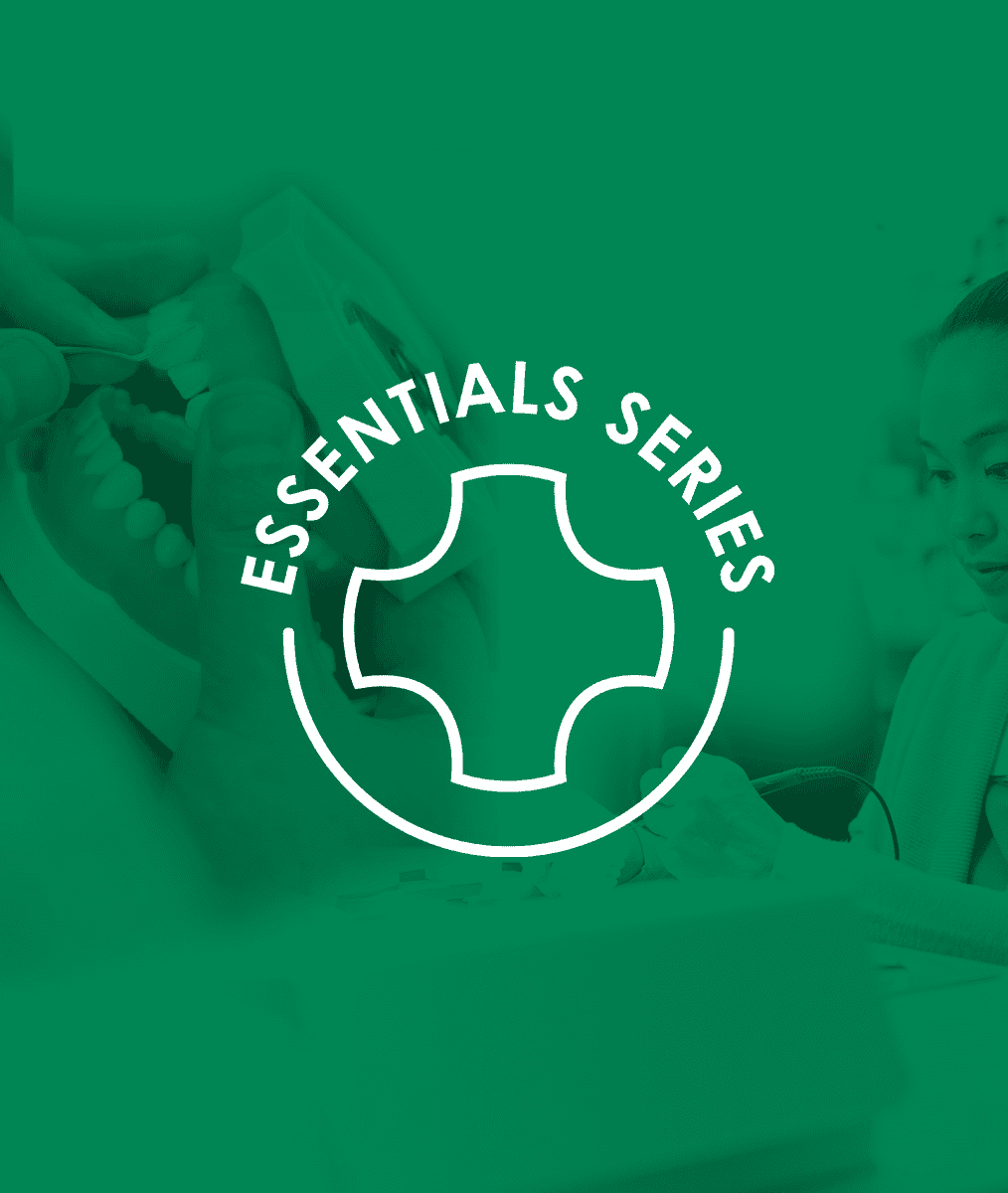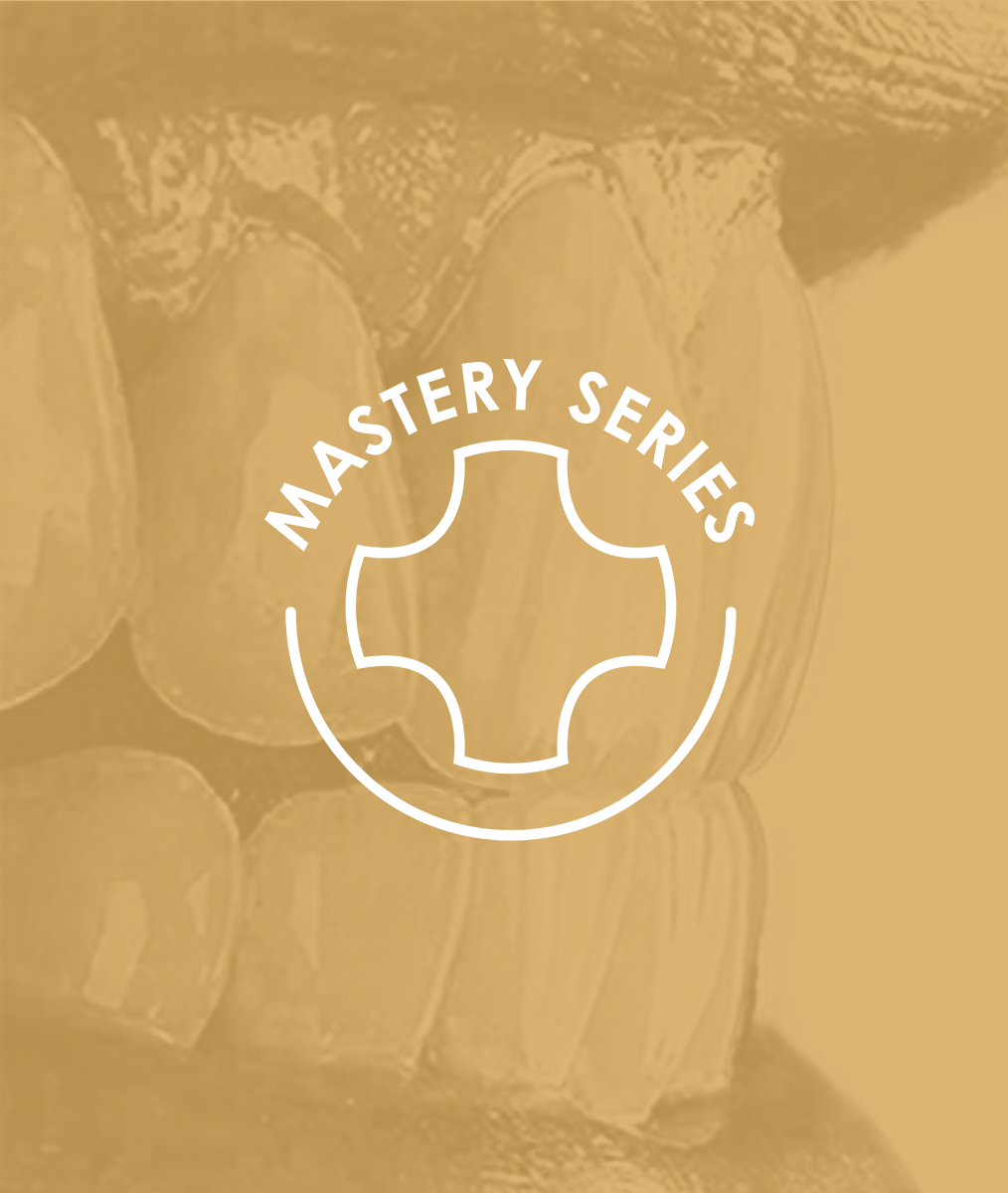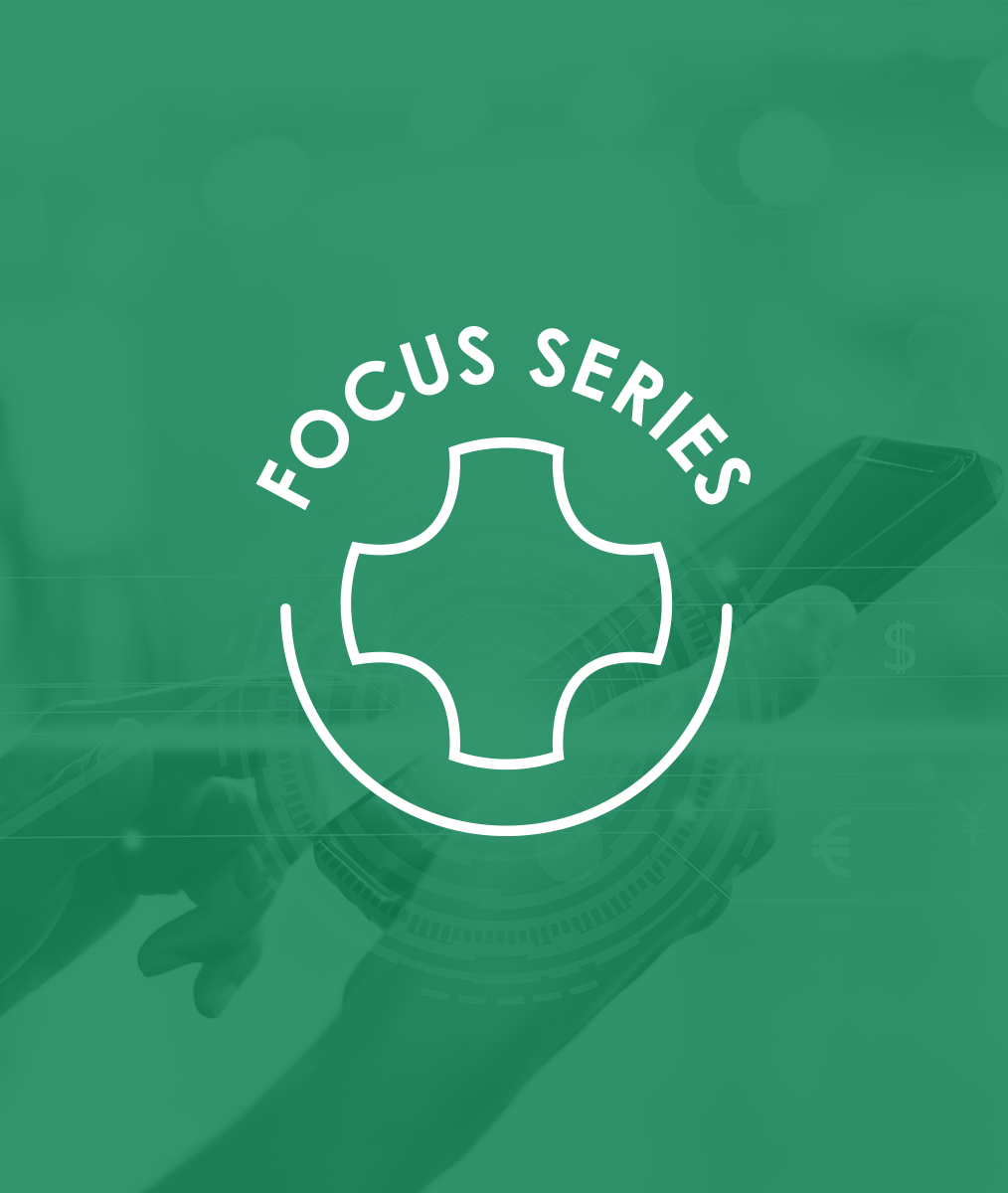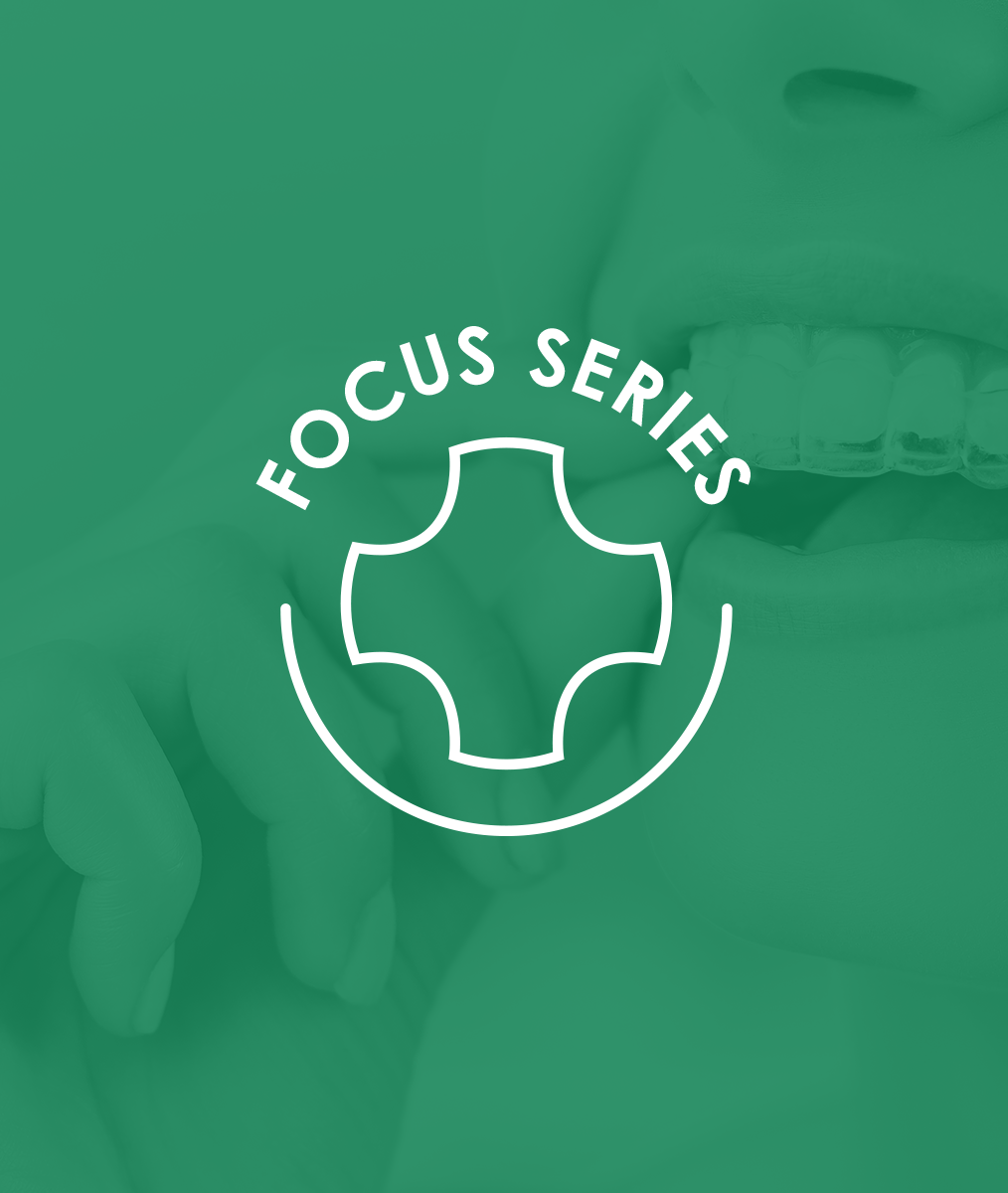Creating A Relationship Based Life – A True Story
New Patients / Patients of Record
Often a dentist or team member can believe: A new patient or patient of record wants to be efficiently informed on two or three things:
- What do you want me to know about my dental health?
- What and how do you want me to do “it”?
- What is this going to cost? Or isn’t dental insurance going to pay for this?
A Story of Dr. R. A. Green from the Past to the Present:
A retired physician of seventy-five years of age was enjoying teaching at The University of Chicago Medical School. At the time of this conversation, I was attending Northwestern University Dental School and working part-time as a Doorman at The Hotel Pearson. The Hotel Pearson was a residence hotel; the physician was a resident of the hotel. The hotel was located where the Ritz Carleton presently stands on Pearson Street, one block East of Michigan Avenue; the time frame was the early 1960’s. That evening, as the retired physician walked out for some fresh air, he engaged me in a conversation, which he had done on previous occasions. I remember asking him about, what he was teaching?
His reply has stuck with me all these years. He said, “I am trying to encourage the young Interns and Residents to slow down and listen.” Slow down and listen, I replied with a question lingering in my voice. He said, “Yes, if I can help them begin to create opportunities for a patient to experience “deep listening” and then stay “present” with and for a patient, the Intern/Resident will notice, in time, a patient will diagnose their own ailment (at least offer enough important information to be able to develop a very accurate differential diagnosis); a wonderful place to start, a beginning!”
He went on to say, “If I can encourage the Intern/Resident to continue to listen deeply, a patient can reveal how they want to be treated. And, if the Intern/Resident can listen just a little longer, a patient can initiate a conversation about how they want to pay for the services to be rendered. Deep Listening accomplishes a greater understanding of the patient, which leads to a better diagnosis, and can lead to a more successful practice model than running from room to room, thinking you only have three – five minutes to do all of the above, while not accomplishing any of the above. I am really trying to encourage them to slow down and listen!”
Now, almost sixty years later, I am sitting and reflecting on my lifetime in dentistry and work with patients, team, and dentists; I too have been involved with teaching and coaching, myself and others, for over sixty years. While I strive to have conversations concerning many different aspects of dentistry, which surface while being present, with and for others, the bottom-line in a relationship-based life and practice are very similar to that of the retired physicians’ message, nearly sixty years ago.
My response is also altered and influenced, due to an early encounter’s with Dr. L. D. Pankey, soon after I had met him in 1968. In a conversation, he had asked me to tell him about my office and the flow of a day in my office. His response to my description of my usual day was, “Why don’t you Slow Down and become more Affective, you are Efficient Enough!” A similar message, and it had a heightened impact upon further reflection: “I have heard this before and it sounds very familiar!”
What is it you do intentionally, on a regular basis, to slow down and become more Affective (Affective Domain), for you too are Efficient Enough?
Hmmm… Isn’t that interesting!
Related Course
E3: Restorative Integration of Form & Function
DATE: August 11 2024 @ 8:00 am - August 15 2024 @ 2:30 pmUnderstanding that “form follows function” is critical for knowing how to blend what looks good with what predictably functions well. E3 is the phase of your Essentials journey in which…
Learn More>






















